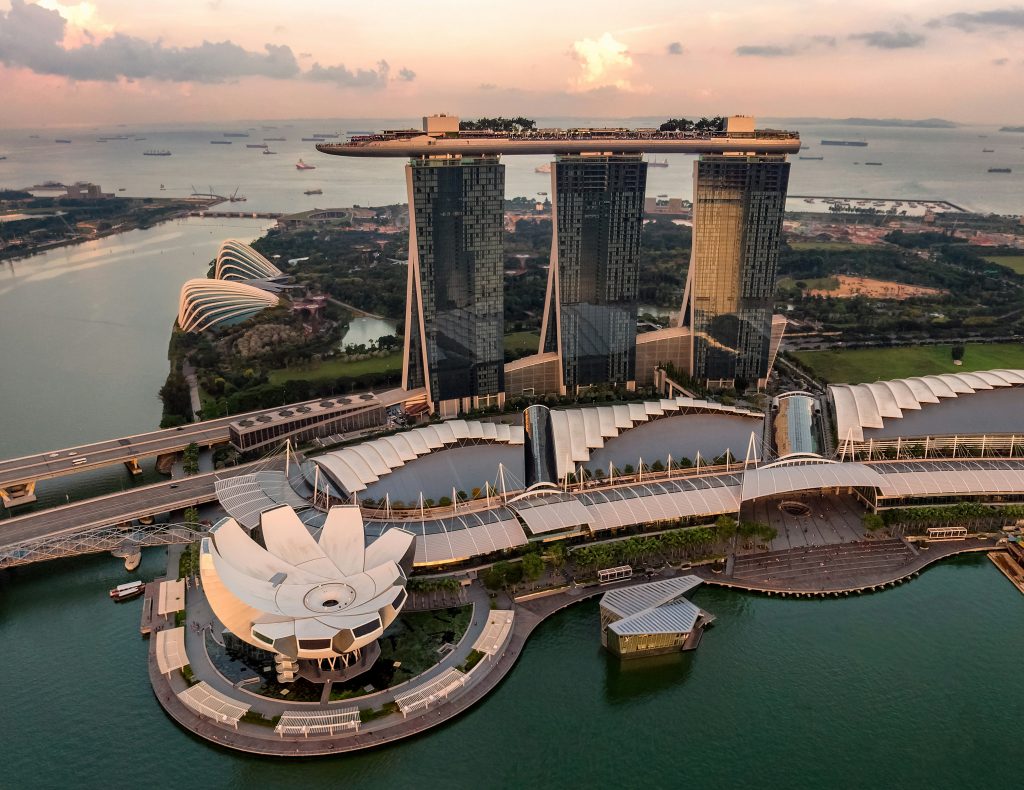5 April – Singapore has emerged as a leader in Environmental, Social, and Governance (ESG) policy development and implementation, according to a recent report by Maybank Investment Banking Group (MIBG). Despite contributing less than 0.1% to global emissions, Singapore has set ambitious sustainability targets and implemented progressive policies to address climate change and corporate responsibility.
Singapore’s Key ESG Initiatives
The MIBG report highlights several of Singapore’s proactive ESG initiatives, positioning the country at the forefront of sustainability efforts:
- Carbon Tax Implementation – Singapore was the first country in Southeast Asia to introduce a carbon tax, which came into effect on January 1, 2019. The tax began at S$5 per tonne of CO₂ equivalent (tCO₂e) and will gradually increase to S$25 in 2024 and S$45 in 2026, with a target of S$50-80 by 2030. The tax applies to facilities emitting over 25,000 tCO₂e annually.
- Singapore Green Plan 2030 – Launched in February 2021, this nationwide initiative outlines key sustainability targets, such as installing up to 60,000 electric vehicle charging points, reducing waste sent to Semakau Landfill by 20% by 2026, and transforming Jurong Island into a sustainable energy hub.
- Renewable Energy Investments – Singapore has been actively increasing its reliance on renewable energy. The country aims to achieve 2 gigawatt-peak solar energy capacity by 2030, import 4GW of low-carbon electricity by 2035, and has already begun importing renewable hydropower from Laos
Corporate Commitment to ESG
Singapore’s private sector has also played a crucial role in advancing ESG principles. Companies like City Developments Limited (CDL) have been pioneers in sustainability efforts:
- Early Sustainability Adoption – CDL established its sustainability framework in 1995 under the principle “Conserving as we Construct.” The company holds certifications such as ISO 14001 for environmental management and ISO 50001 for energy management.
- Eco-Friendly Developments – CDL developed 11 Tampines Concourse, Asia’s first CarbonNeutral development, and City Square Mall, Singapore’s first eco-mall, integrating green building practices
- Transparent ESG Reporting – CDL was an early adopter of sustainability reporting, implementing the Global Reporting Initiative (GRI) framework in 2008. The company is consistently recognized for its efforts, ranking highly in global sustainability indexes and being included in Bloomberg’s Gender-Equality Index.
Implications for the Region
Singapore’s ESG leadership sets a benchmark for neighboring countries, including Malaysia, which is actively working to enhance its sustainability framework. By combining government-led initiatives, corporate responsibility, and public engagement, Singapore provides a roadmap for effective ESG policy implementation.
As more countries look to integrate ESG into their national agendas, Singapore’s experience serves as a model for balancing economic growth with environmental and social sustainability.




